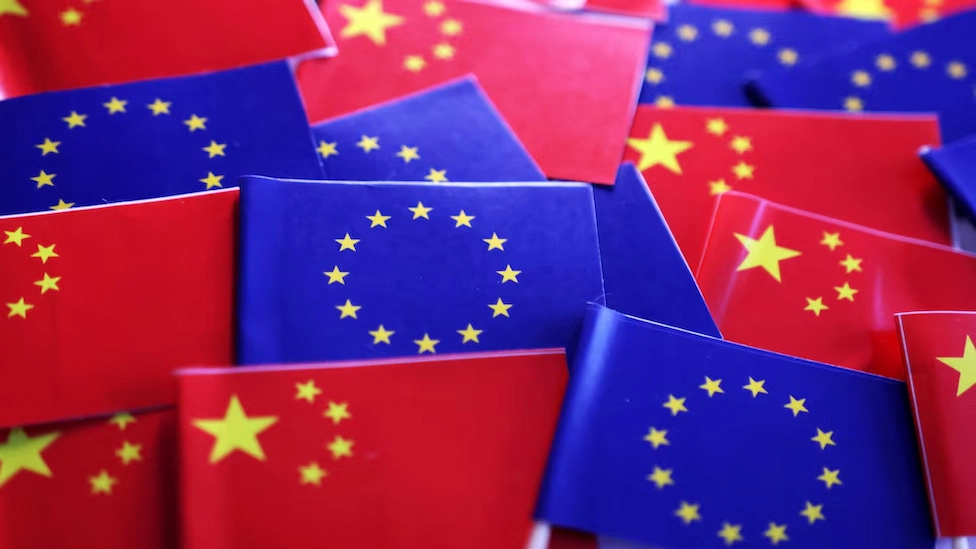China Rare Earth Exports: China will speed up approvals for rare earth exports to EU firms. The Ministry of Commerce announced this decision on Saturday. European carmakers faced delays due to export restrictions. Some factories even halted production.
The EU has pushed China to resolve the issue. Japan’s Suzuki Motor also paused making compact cars in May. The US and China will discuss this in their next trade meeting. Talks begin on Monday in London. Last month, both nations agreed to cut tariffs. Yet, the US claims China still slows rare earth exports.
Also Read | China Rare Earth Export Ban Disrupts European Auto Supply Chains
China Rare Earth Exports: Insights
- China eases rare earth exports to help EU industries.
- Delays had forced some automakers to stop production.
- The EU pressured China to fix supply chain issues.
- US-China trade talks will address rare earth disputes.
- Recent tariff cuts did not fully resolve export delays.
Background
China controls most of the world’s rare earth exports. These metals are vital for tech and electric vehicles. Earlier restrictions disrupted global supply chains. The EU and the US rely heavily on these materials. Past trade tensions led to stricter export controls.
Now, China’s new move could ease shortages. However, concerns remain over long-term supply stability.
Main Event
China’s Ministry of Commerce will fast-track rare earth exports approvals. This follows EU complaints about shipment delays. European automakers struggled due to scarce materials. Some plants stopped operations temporarily. Japan’s Suzuki also faced production halts. The issue will be discussed in US-China trade talks.
The meeting starts on Monday, June 9, 2025, in London. Last month, both nations reduced tariffs. However, the US says China still holds back shipments. Experts say this step may ease tensions. Yet, long-term solutions are still needed.

A worker operates machinery at a rare earth mining site in Nancheng County, Jiangxi Province, on March 14, 2012.
Photo Credits: REUTERS.
Implications
The faster approvals will help EU manufacturers. Car companies can resume normal operations. Still, reliance on China remains a risk. Businesses may seek alternative suppliers. Governments could push for local mining projects. Trade talks may lead to more stable agreements. The US will likely press for smoother exports.
Conclusion
China’s move may ease short-term shortages. However, global dependence on its rare earth exports is risky. Future talks could shape trade policies. Experts urge diversifying supply chains. The world watches how this impacts the tech and auto industries.



